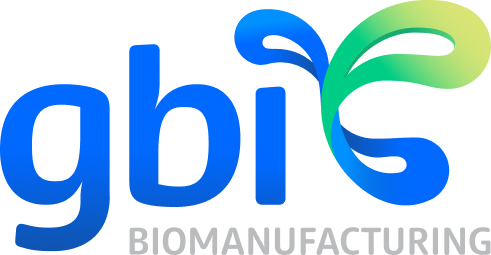Introduction
The World Bispecific Summit 2025 takes place in Boston on September 9-11. Unlike larger industry events that attract thousands, this meeting is intentionally small, usually with fewer than 100 participants. The intimate scale provides direct access to expert discussions on the design, development, and manufacturing of bispecific antibodies.
For those of us focused on chemistry, manufacturing, and controls (CMC), the summit offers a valuable opportunity to explore the unique production and quality challenges that come with bispecific and multispecific therapeutics.
Manufacturing and Purification Challenges in Bispecific Antibodies
One of the most important CMC issues for bispecifics is the complexity of manufacturing. These molecules are structurally diverse and often prone to heavy- and light-chain mispairing, structural heterogeneity, and aggregation. Such issues can reduce yield and compromise product quality.
To address this, process development groups rely on upstream design optimization and carefully selected downstream purification methods. Affinity capture, ion-exchange, hydrophobic interaction, and mixed-mode chromatography are often combined to enrich the correct bispecific form while removing mispaired or aggregated variants.
At the summit, I am looking forward to hearing how different organizations are solving these purification challenges and which approaches are proving most effective as molecules advance from early development into clinical production.
Analytical Control and Characterization of CQAs
Ensuring product quality for bispecific antibodies requires advanced analytical methods. The critical quality attributes (CQAs) include antigen binding specificity, binding affinity, molecular mass, heterogeneity, and post-translational modifications.
Traditional assays are often insufficient to capture this complexity. Many groups are now employing multi-attribute monitoring (MAM), intact and subunit mass spectrometry, and high-resolution chromatographic techniques. These tools not only support development decisions but also meet the rigorous expectations of regulators.
I will be paying close attention to case studies showing how analytical teams are integrating these methods into their CMC strategies to accelerate development timelines while maintaining compliance.
Fill-Finish Support for Bispecific Drug Products
Another critical stage of bispecific antibody development is ensuring fill-finish readiness. While formulation is important, supporting sterile drug product manufacturing presents its own set of challenges. Bispecifics can be more viscous, shear-sensitive, and less soluble than monoclonal antibodies, which complicates large-scale filling operations.
At the World Bispecific Summit 2025, I am especially interested in discussions around:
- Designing formulations that are compatible with high-speed filling lines.
- Evaluating container and closure systems early in development.
- Building stability data packages that support regulatory filings and global distribution.
- Aligning process characterization with regulatory expectations for novel biologics.
Robust fill-finish planning is essential to avoid delays in clinical programs and to ensure smooth scale-up to commercial supply.
Why CMC Will Be a Central Focus at the World Bispecific Summit 2025
For CMC professionals, this summit provides a rare opportunity to engage directly with peers who are tackling the same technical and regulatory issues. The smaller scale makes it possible to ask detailed questions and exchange practical insights.
The most relevant areas for me this year are:
- Manufacturing and purification strategies to reduce mispairing and aggregation.
- Analytical controls that reliably measure complex bispecific quality attributes.
- Fill-finish readiness to support sterile drug product manufacturing.
By focusing on these areas, the World Bispecific Summit 2025 will help clarify how the industry is building reliable CMC strategies to ensure bispecific antibodies can progress successfully from discovery to clinic.
Contact GBI to learn more about our capabilities and your CMC program!

Nick has a track record of developing partnerships with pharmaceutical and biotechnology executives to support the biologic CMC activities required to support their clinical trials and hit development milestones. With a background as a bench scientist specializing in manufacturing scale-ups, Nick brings a unique skillset that bridges the business and technical communications between GBI’s team and external stakeholders. Nick’s recent experience involved business development roles for Tokyo Chemical Industry and Cytovance Biologics. He has a B.S. in chemistry and an MBA from the University of Massachusetts, Lowell.
